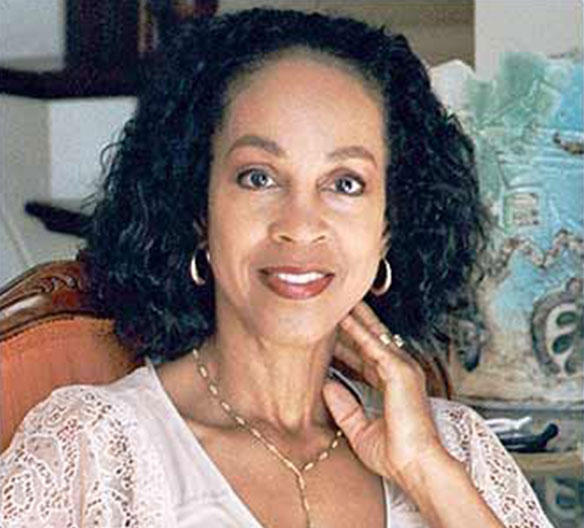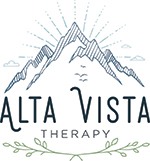What do you want to learn more about?
The History of National BIPOC Mental Health Awareness Month

While rates of mental illness are relatively similar across different ethnic groups throughout the U.S., it has been shown that people from racial/ethnic minority groups are significantly less likely to receive mental health care. Indeed, 48% of Caucasians diagnosed with mental illness receive professional care compared to only 31% of African Americans and Hispanics (American Psychiatric Association, 2017).
The statistics are clear. We can be doing more to ensure mental health support is getting to those who need it most.
July is National BlPOC Mental Health Awareness Month, with ‘BIPOC’ standing for ‘Black, Indigenous, and People of Color.’ Formerly known as ‘Minority Mental Health Awareness Month,’ Mental Health America has since renamed this important month to prioritize the identities of individuals, rather than focusing on their quantity.
However, the mission of this month remains the same — to continue the visionary work of Bebe Moore Campbell and bring awareness to the unique struggles that underrepresented groups face regarding mental illness in the U.S.
Who was Bebe Moore Campbell?
Bebe Moore Campbell, an American journalist, spokesperson, author, and mental health advocate, worked to spread awareness regarding the mental health needs of underrepresented communities in the U.S. Born in Philadelphia in 1950, Campbell moved around a lot as a child. In doing so, she was exposed to a combination of northern and southern states and saw the different sides of racial segregation across the nation.
When Campbell attended the University of Pittsburgh to pursue a degree in Elementary Education, she was the only African American enrolled. Upon graduating, Campbell went on to write several critically acclaimed works, several of which sought to dispel misconceptions about African American communities and tackled the impact of mental illness within the family sphere and beyond. Her experiences as a child and the growing awareness of police brutality at the time feature are thought to be key inspirations for her works.
National Alliance on Mental Illness
As a co-founder of the Urban Los Angeles chapter of the National Alliance on Mental Illness (NAMI), Campbell began advocating for individuals from different communities for mental health education, support, and access. NAMI aimed to defeat the stigma surrounding mental health in minority communities, and this aim remained a driving force throughout the remainder of Campbell’s life.
Campbell argued that people of color, especially African Americans, were feeling the stigma of mental illness. In a race-conscious society, many who fell under the BIPOC umbrella feared to be perceived as having a deficit as it risked limiting their opportunities.
In her mission to break through the stigma, Campbell teamed up with her friend Linda Wharton Boyd and created a plan to advocate for BIPOC Mental Health Awareness Month. Together, the pair assembled a task force. And with the help of the D.C. Department of Mental Health, it was passed into legislation. All the while, Campbell used her acclaim as a writer to advocate on behalf of NAMI. She was a recognizable face on the front-line and could be found holding news conferences, doing speaking engagements, and holding book signings, all to spread awareness and advocate for mental health support and education. In 2003, Campbell was recognized for her advocacy in the mental health support and education space when she received NAMI’s Outstanding Media Award for Literature.
A Legacy Lives on
In 2006, Campbell sadly passed away from brain cancer. However, Boyd carried on her campaign with her family, friends, and other advocates. In May 2008, the United States House of Representatives declared July as Bebe Moore Campbell National Minority Mental Health Awareness Month, which was dedicated to spreading awareness about the struggles faced by underrepresented groups regarding mental illness in the U.S.
Today, BIPOC Mental Health Awareness Month offers a range of tools and services to help serve marginalized communities. They provide a Mental Health Toolkit, collate research findings and support services, and also document policy issues relevant to BIPOC populations.
Closing Thoughts
Campbell was once quoted as having said the following: “Race, redemption, and healing — that’s my thing.” As immigration evaluation therapists, it’s important to take pause and reflect on our own calling.
How can we better serve the people whose lives we’ve set out to change when we put our immigration evaluation training into practice?
How can we learn from the stories of those from the communities we serve?
Chances are, we can all do a little better or a little more. So, I’ll end on another one of Campbell’s quotes (this time from her book, Brothers and Sisters): “… the important thing is not to point a finger at flaws but to attempt to correct them!”
References
American Psychiatric Association. (2017). Mental Health Facts for Diverse Populations [Fact sheet].

I’m Cecilia Racine, and I teach therapists how to help immigrants through my online courses. As a bilingual immigrant myself, I know the unique perspective that these clients are experiencing. I’ve conducted over 300 evaluations and work with dozens of lawyers in the various states. Immigrants are my passion, I believe they add to the fabric of our country.
related articles
5 Children’s Books on Immigration
Whether it’s a time marked by nerves or excitement, the process of moving to a…
What Immigration Lawyers do, When you Might Need One, and How to Find One
When we think about one of the most bashed professions, lawyers certainly take the cake.…
6 Essential Tools for Immigration Evaluation Therapists
Every day, innovative new products and tools are changing the way helping professionals conduct their…



